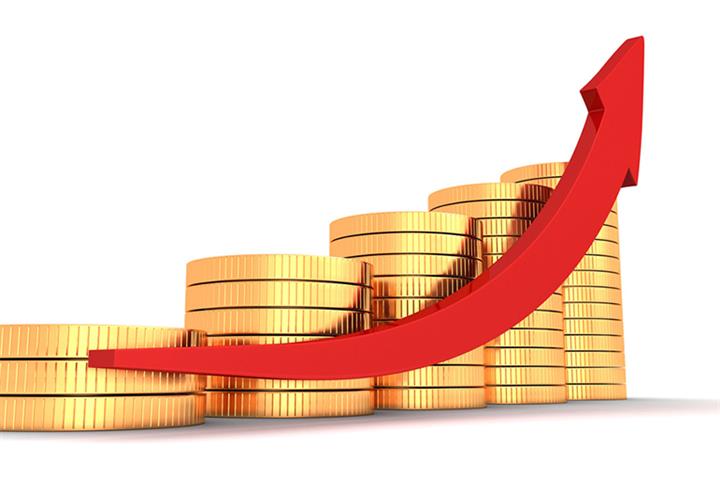 China Aims for 6.7% Growth in Fiscal Revenue This Year as Economy Bounces Back
China Aims for 6.7% Growth in Fiscal Revenue This Year as Economy Bounces Back (Yicai Global) March 6 -- China is anticipating a 6.7 percent jump in general public budget revenue this year from 2022, much higher than the national economic growth target of around 5 percent and a big increase from last year’s fiscal revenue growth, as the country’s economy gets back on track.
China’s general public budget revenue for 2023 is set at CNY21.7 trillion (USD3.1 trillion), according to the government budget presented at the ongoing annual meetings of the country’s top legislative and political bodies in Beijing.
Of this, the budgeted revenue for the central government is up 5.6 percent year on year to CNY10 trillion (USD1.4 trillion) and that of local governments has soared 7.6 percent to CNY11.7 trillion, the report said.
Last year, China’s fiscal revenue came to CNY20.4 trillion (USD3 billion), accounting for 96.9 percent of the revenue budget, and a gain of 0.6 percent from 2021, according to the report. Tax revenue slumped 3.5 percent to CNY16.7 trillion and non-tax revenue soared 24.4 percent to CNY3.7 trillion (USD535 billion). The growth in non-tax revenue mainly came from a surge in earnings from the monetization of state-owned assets.
The economy is recovering this year, laying the foundation for an increase in fiscal revenue, Luo Zhiheng, chief macroeconomic analyst at Yuekai Securities, told Yicai Global. Also the low base last year, when China rolled out large-scale tax rebates, will help reflect growth this year.
Fiscal expenditure for 2023 has been set at CNY27.5 trillion (USD4 trillion), up 5.6 percent from last year, according to the report. While the budget deficit will be CNY3.9 trillion, a widening of CNY510 billion (USD73.7 billion) from last year.
There will still be heavy fiscal spending needed this year in order to promote overall economic activities, Luo said. Fiscal spending needs to directly stimulate infrastructure investment, strengthen supply chains in key cities, build integrated logistics hubs and boost spending potential in counties, town and villages, he added.
Fiscal expenditure will be directed at investment and consumption to spur demand, promote the development of science and technology, optimize industrial structure as well as strengthen financial support for rural revitalization, the low-carbon sector and the protection of livelihoods, the report said.
Other targets for the year set out at the Two Sessions yesterday are creating around 12 million new jobs in cities, keeping the jobless rate at around 5.5 percent and maintaining consumer inflation at about 3 percent.
Editors: Dou Shicong, Kim Taylor